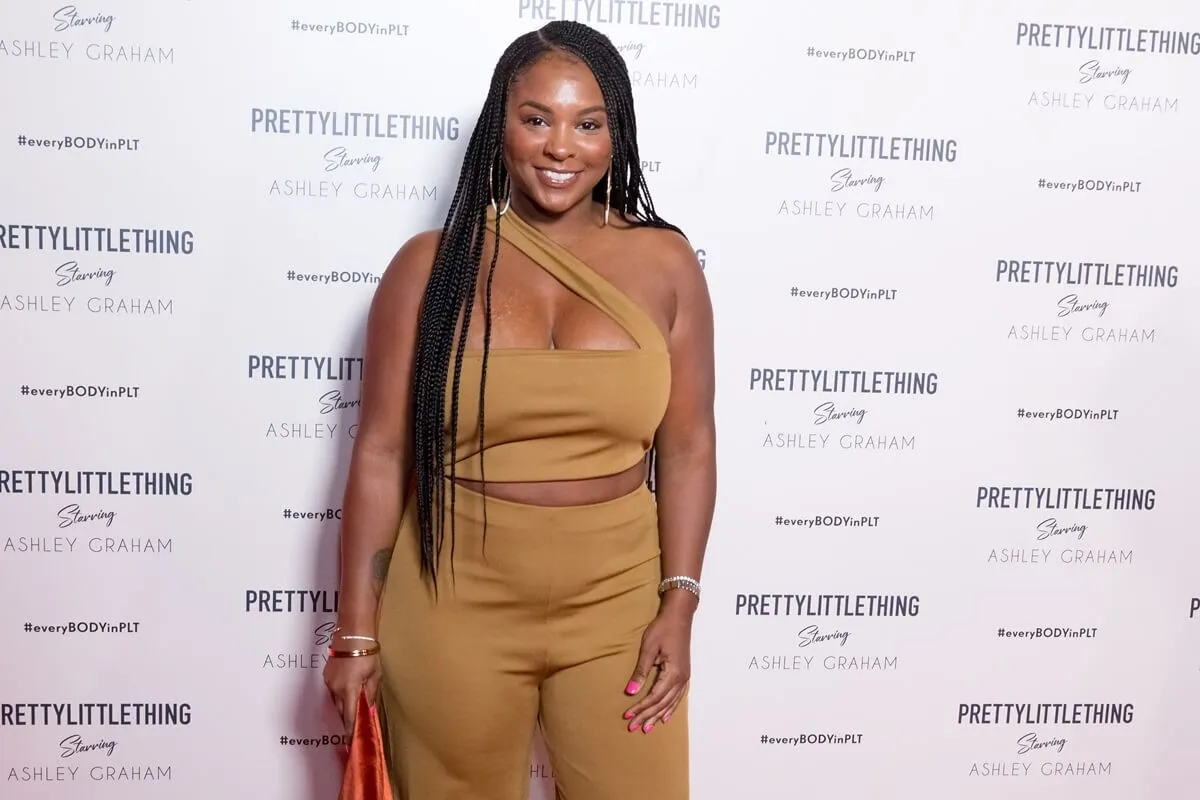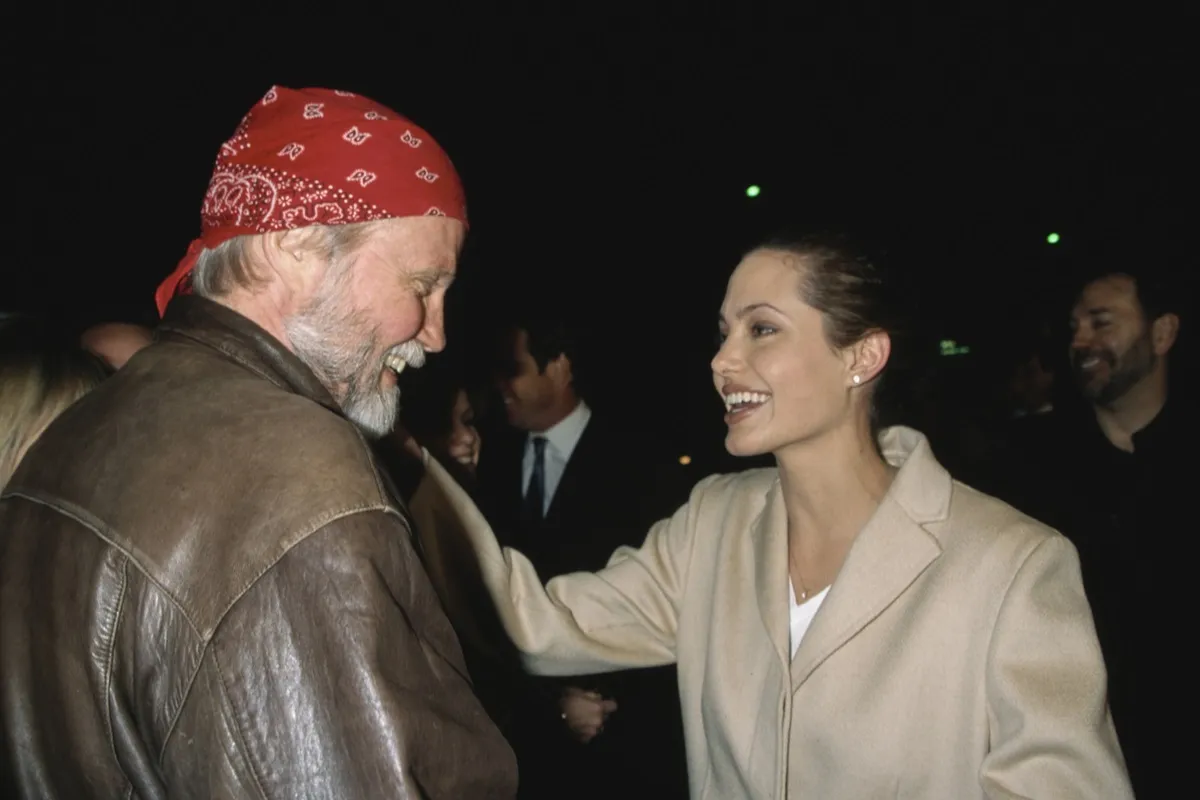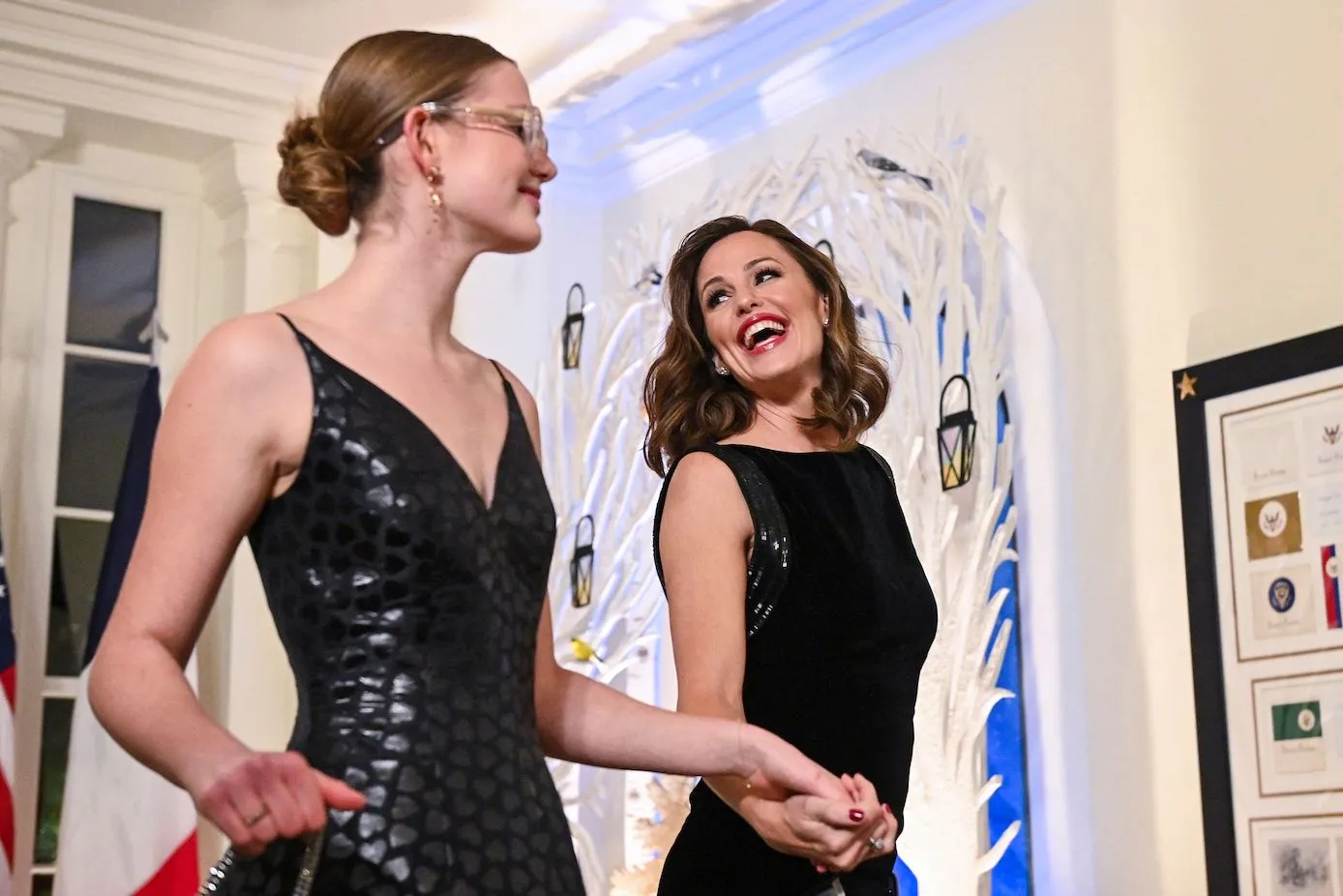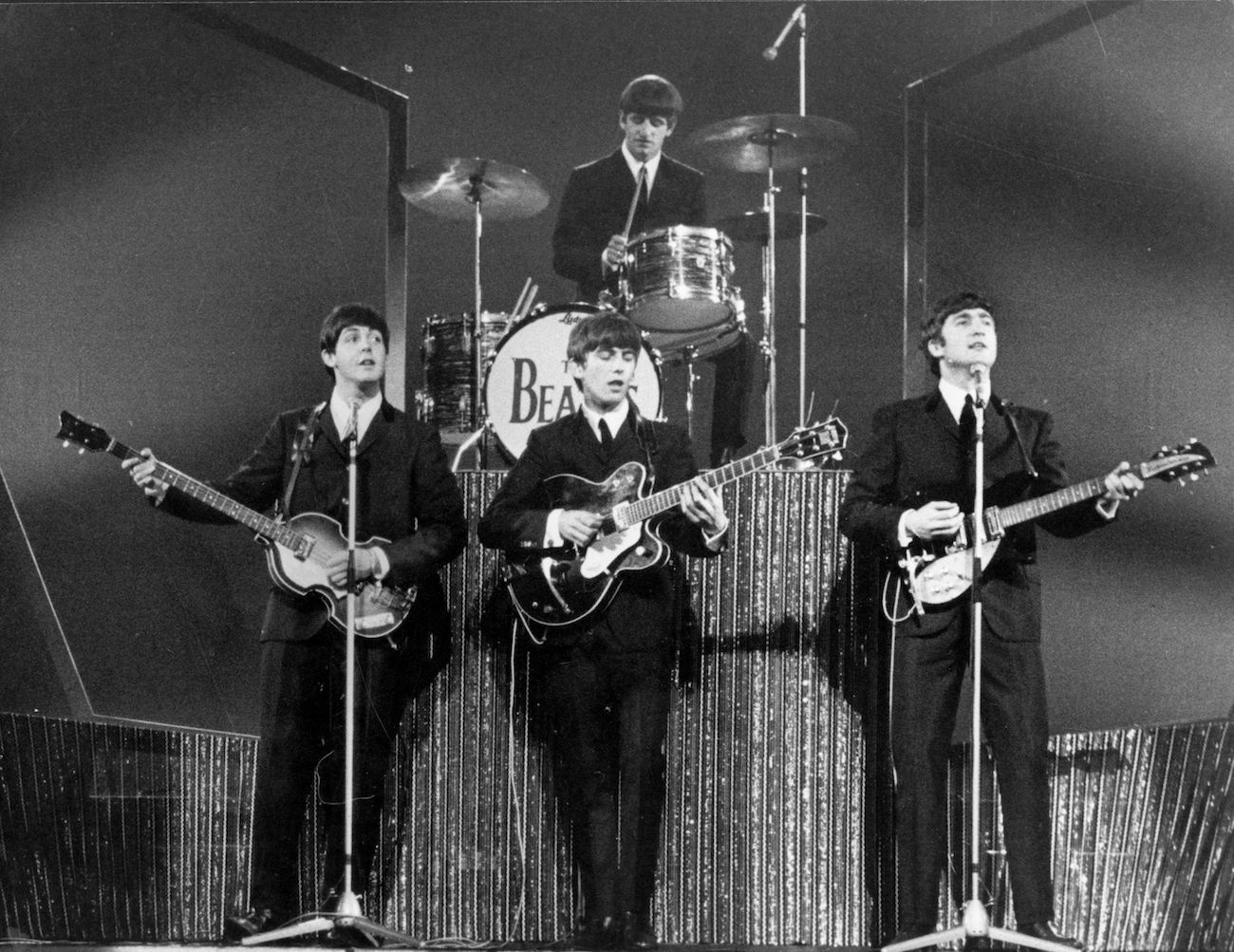
George Harrison’s Joke to His Wife Olivia About The Beatles’ Legacy
George Harrison wrestled with The Beatles‘ legacy for years after the band broke up in 1970. He didn’t like when people ripped them off, but he also didn’t like it when fans only wanted him to play Beatles songs in concert or when people recognized him on the street. He didn’t like being an ex-Beatle, but he liked the fame the band gave him even less.
Eventually, though, George came to terms with being a Beatle.
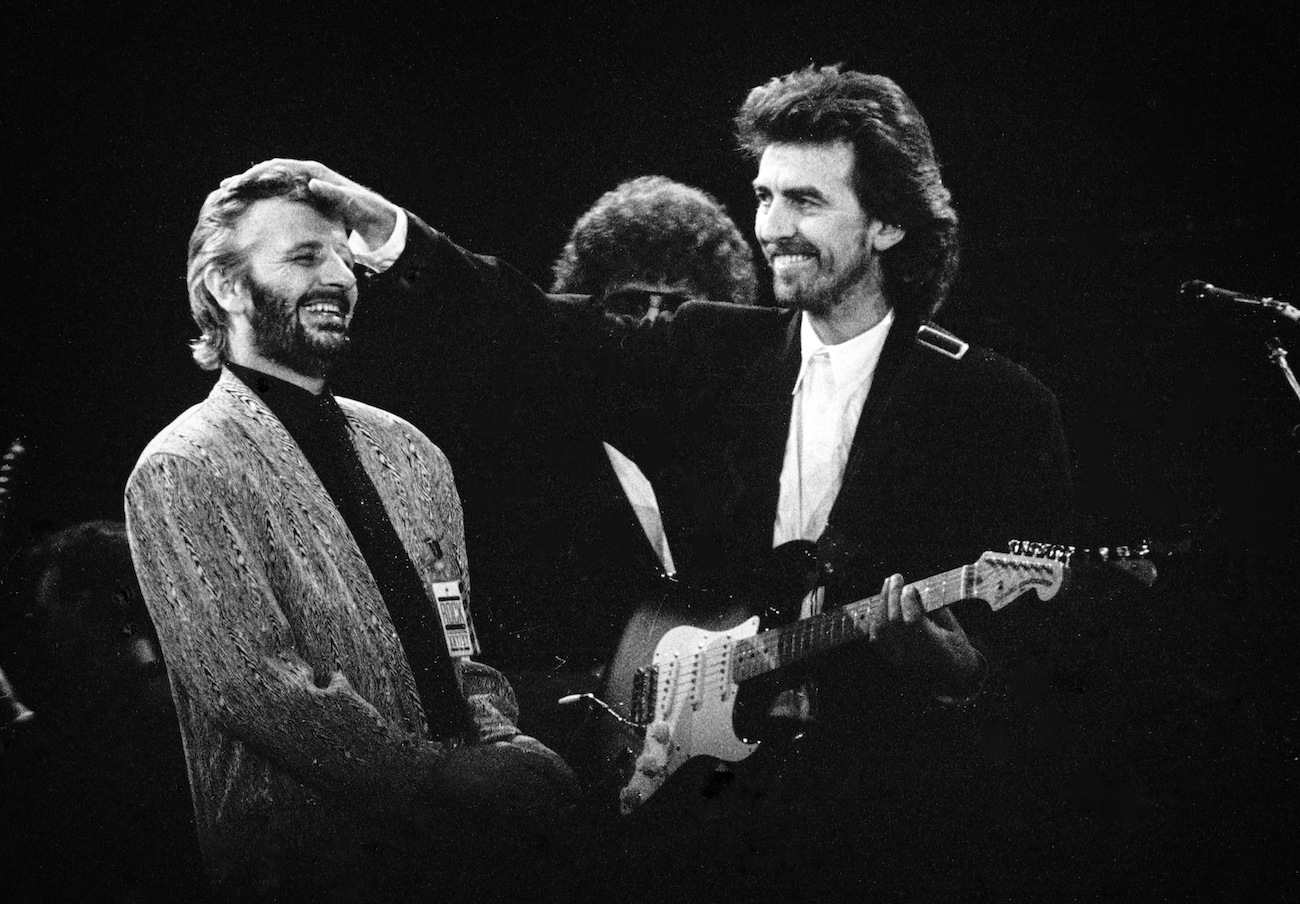
George eventually came to terms with The Beatles’ legacy
In 1979, George told Rolling Stone he “never” thought of being a Beatle. “Not in this life or any other life. I mean, a lot of the time it was fantastic, but when it really got into the mania it was a question of either stop or end up dead. We almost got killed in a number of situations… It was aging me.”
According to Rolling Stone, George once said, “The Beatles exist apart from myself. I am not really Beatle George.” So, George didn’t understand when Beatles fans still wanted a piece of them years later. He wanted to move on and live in peace.
In the 1980s, though, he realized the Beatlemaniacs of the 1960s had grown up with him. It made George feel more comfortable about The Beatles’ legacy.
In a 1987 interview, Creem Magazine pointed out that George seemed comfortable having been a Beatle.
“Well, I’ve had a lot of years,” George replied. “But as things have settled down I’ve come to terms with it and it’s sunk into the past. We’ve gotten older and new generations have come along, I spent years avoiding interviews and going on TV to get to a point where I could go out, walk down the street and go in a shop and just do regular little things that ordinary people do.
“Everything’s cool and it’s quite enjoyable. And now, if somebody comes up and says, ‘Alright, George,’ and they just congratulate you and thank you for all the music you did in the past and what you’ve been doing that’s nice. It’s the
concentrated mania that would make anybody go crazy. It had its low point around the end of the ’60s and it did have
a hangover period into the ’70s, but I’m cool now.”
George made a joke about The Beatles’ legacy
In a recent interview with the Associated Press, George’s wife, Olivia, explained that she and their son, Dhani, safeguard George’s legacy.
“Dhani and I are really there to look after Georg’s legacy,” she said. “On some things, we’re more opinionated. But on other things, I’m like, ‘it’s their music, it’s their images … they know what they want to hear and see. It’s great to shepherd and provide George’s material and help them in any way we can.”
She also revealed that George had become more comfortable with The Beatles’ legacy around the time The Beatles started work on the Anthology project in the mid-1990s. He even joked about it.
“He said, ‘I guess it’s not going away,'” Olivia said. “I said it’s not. He was so funny. I said, no, it’s not and he said, ‘Good, maybe I’ll get some respect around here.'”
He often joked about the band
George often joked about The Beatles’ legacy. In a special edition of Rolling Stone called “Remembering George,” Tom Petty said that George loved The Beatles in his own way.
“I just know what I’ve heard from George as the years went by,” Petty said. “But he was very funny, like, ‘The Beatles, they weren’t all that they were cracked up to be [laughs].’ He loved the Beatles. He used to bitch sometimes about individual Beatles who got on his nerves. But he really loved them down deep, and I knew this.”
“We had a great time,” George told Rolling Stone in 1979. “I think fondly of it all, especially as we’ve been through all the aftermath of Apple. Everybody’s sued each other to their hearts’ content, and now we’re all good friends.”
Fortunately, George came to terms with The Beatles’ legacy. He had a dry sense of humor about it. However, he loved his bandmates.
